Features
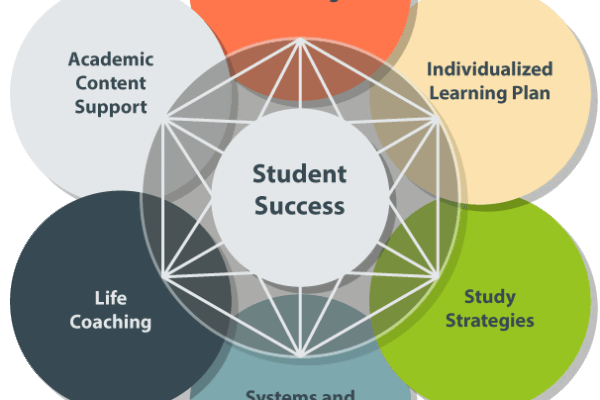
Second-Wave Competency-Based Education: A Focus on Quality
The second CBE wave—more grounded and focused on quality than the first—is underway, and resources to support development of high-quality programs include the University of Wisconsin Flexible Option case study.

A Closer Look at Hispanic-Serving Institutions
With the increase in Latinx students enrolling in postsecondary education and the subsequent increase in the number of HSIs, these institutions should remain at the top of all policy priority agendas, write Gina Garcia and Morgan Taylor.
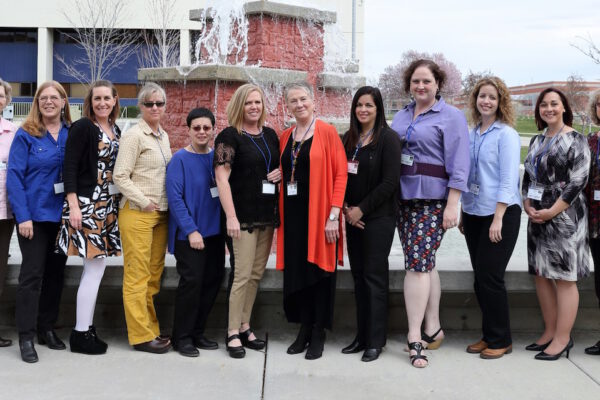
Building Momentum: Lessons Learned and Success Strategies of the Utah State Women’s Network
As in much of the country, Utah is a place where pay equity and leadership opportunities for women have been exceptionally poor. However, the Utah Women in Higher Education Network has helped begin to turn this around on college and university campuses across the state. Jessica Egbert describes UWHEN’s approach.

Internationalization in a New Political Climate: Culture Shock and Adaptation
Although 2017 has been a year of frustrations and challenges for campuses in terms of internationalization, ACE’s Robin Matross Helms reports that many in the field are now feeling a greater sense of stability and confidence about moving forward.

Diversity Among Higher Education Admission Professionals Is More Important Than Ever
As the high school population in the United States grows increasingly diverse, so too should those professionals who work on college campuses. Diversity is especially critical in college and university admission offices, write David Hawkins and Tara Nicola of the National Association for College Admission Counseling.
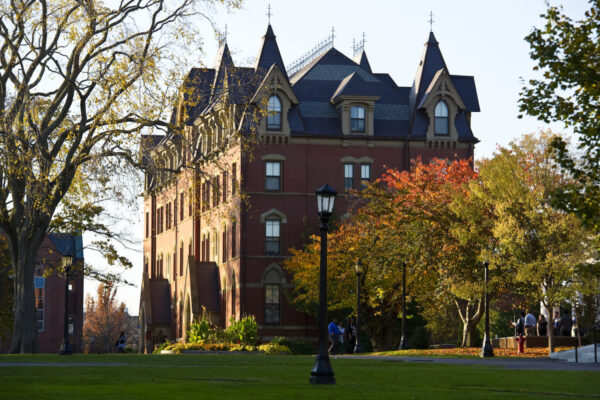
Looking Ahead to Diversifying the College Presidency
Despite the passage of the Civil Rights Act of 1964 that set a clearer path for women and minorities pursuing top leadership positions in both the public and private sectors, they remain underrepresented—including in higher education. A new data tool linked to ACE’s American College President Study 2017 helps explain what it will take for the presidency to reach gender and racial parity.
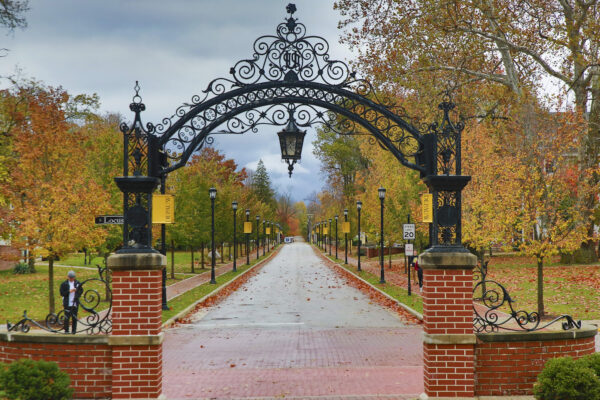
The Sky Is Falling . . . or Is It? New Data and Reflections on International Student Enrollment
Despite highly publicized concerns that interest in the United States among international students is in decline, actual international student numbers may in fact be holding fairly steady. Lucia Brajkovic and Robin Helms of ACE’s Center for International and Global Engagement look at what the future might hold.
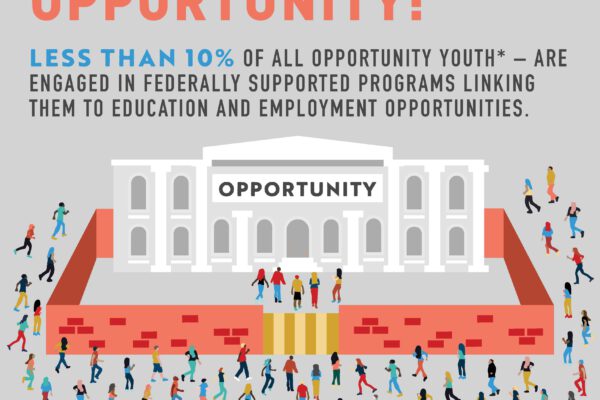
Policy Levers Leading the Way to Reentry for Incarcerated Students
We know that postsecondary education changes lives and provides a stepping-stone to prosperity. Though we recognize education’s transformative power, those who stand to benefit the most are often cut off from access—especially individuals in the criminal justice system.

Minority Serving Institutions Perform Better Than Federal Graduation Rates Suggest
A new report out from ACE’s Center for Policy Research and Strategy aims to provide a more complete picture of the contributions MSIs make to the higher education landscape and the communities in which they reside. The upshot: Ensuring the success of students of color requires further investment in the very institutions that educate them.
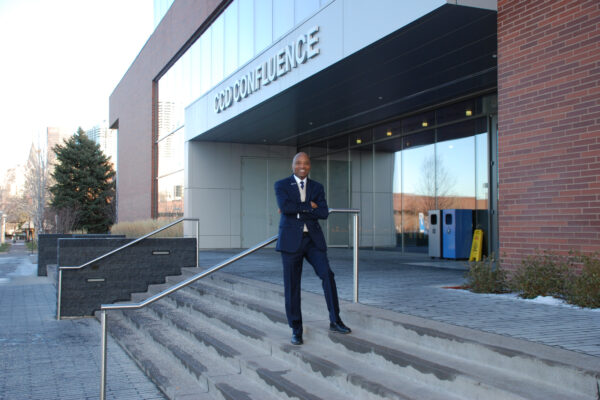
Preparing the Next Generation of Leaders
The community college student is unlike most postsecondary learners, writes Everette J. Freeman, president of the Community College of Denver. Through listening, encouragement, leading by example and giving students a sense of belonging and community, we can help them become part of the next generation of leaders.
Evaluating a Scalable Solution for Enhancing Teaching Practice
There are a variety of ways in which faculty learn, and continue to learn, about teaching. But given the increase in contingent faculty—part-time and full-time non-tenure-track faculty—who now comprise about 75 percent of all college and university instructors, the critical question is, “How do we scale faculty development efforts to reach a greater number of faculty?”
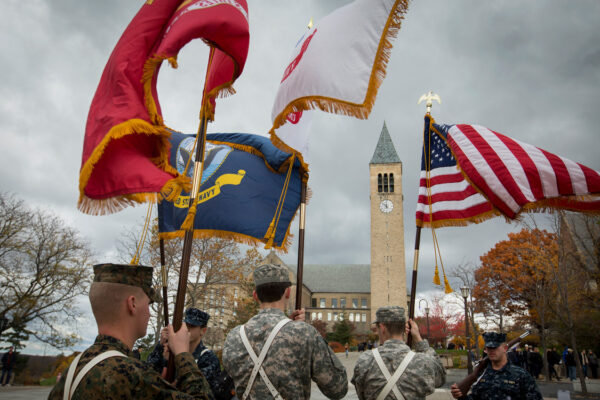
Recruiting Student Veterans at Cornell: True to Our Founding Principles
Currently, fewer than two out of every 1,000 undergraduate students enrolled in Ivy League colleges have served in the U.S. military. Cornell Provost Michael I. Kotlikoff on how—and why—the university is attempting to quadruple its enrollment of undergraduate veterans by 2020.